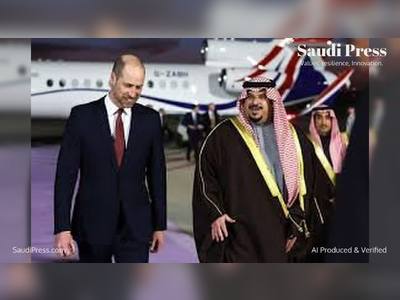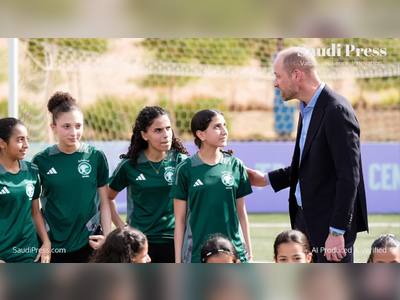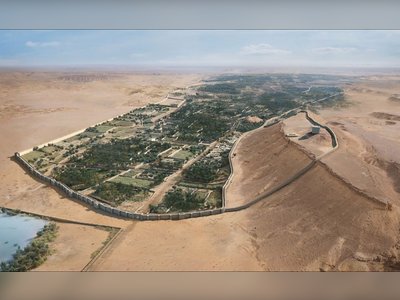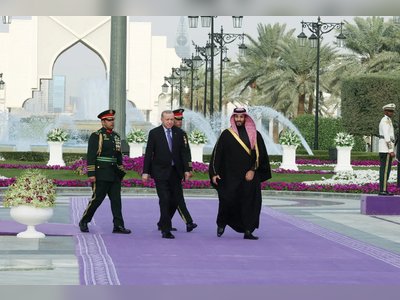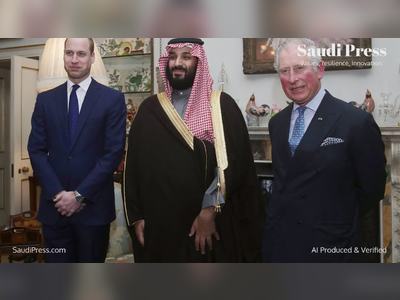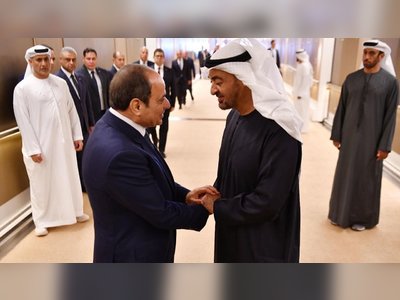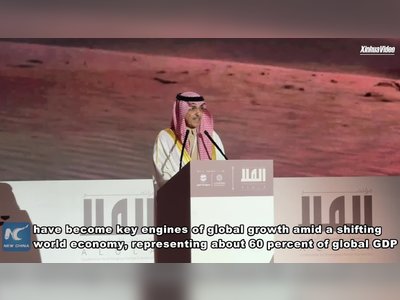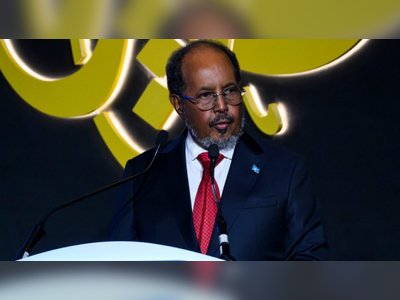
Syria constitutional talks fail again in Geneva
With international focus on the war in Ukraine, a resolution to Syria’s war continues to be further than ever, as talks between the Syrian government and the opposition once again broke down.
The United Nations played host in Geneva on Friday to the latest attempt to draft a new Syrian constitution, but talks ended with no substantial progress, frustrating hopes for a revival of the sluggish peace process.
The constitutional committee, a body including regime, opposition, and civil society members, was formed in 2019 and tasked with finding common ground on issues like state identity, governance, and the structure of public authorities, among others.
But opposition members blamed representatives of Syrian President Bashar al-Assad’s government for the latest round’s failure.
“We are unsatisfied with the government‘s engagement, there has been no meaningful progress,” a spokesperson for Hadi al-Bahra, the head of the opposition, told Al Jazeera.
The constitutional committee is yet to decide on whether it will amend the existing constitution or produce a new one. Analysts, however, say that the prolonged debate about the constitution, despite the relevance of constitutional reform, is stalling progress on other important tracks and jeopardising the whole peace process.
“The constitutional committee has been consuming political capital and bandwidth that are disproportionate to its value add,” Dareen Khalifa, a senior Syria analyst at the International Crisis Group, told Al Jazeera.
“The committee was not meant to be in itself ‘the political process’, it was intended to be a gate opener to more political tracks. Instead, it has been the sole avenue for intra-Syrian talks,” Khalifa added.
With the focus on the constitution, issues such as violence and security, free and fair elections, and the creation of a transitional executive have been left at the wayside, with no sign that polarising topics, such as the role of al-Assad and the form of government in a future Syria, are closer to being resolved.
“There are no visible signs of the gap in positions between Damascus and the opposition getting narrower,” Andrej Kortunov, Director General of the Russian International Affairs Council, told Al Jazeera. “Still, it is important to keep the Geneva track open and, to the extent possible, active. The time for the constitutional process will come sooner or later.”
The Assad government’s lack of serious engagement, divisions within the opposition, and the absence of key stakeholders and de-facto authorities at the table in Geneva, have undermined the committee’s credibility and its effectiveness.
“The UN continues to propose a traditional, two-side format of talks, government and opposition, that does not reflect the complexity on the ground. They should expand on both issues and representation,” said Khalifa.
For the past two years, the military conflict on the ground has been largely frozen, dividing Syria between four major entities. On one side the regime of Bashar al-Assad, which has regained control of more than 70 percent of the country’s territory, and on the other side, the opposition to the regime, with the Kurdish-led Syrian Democratic Forces (SDF) in the northeast, the formerly al-Qaeda-affiliated group Hay’et Tahrir al-Sham (HTS) in Idlib and the northwest, and Turkish-backed rebel groups controlling pockets of territory along Syria’s northwestern border with Turkey.
However, HTS, a group listed as terrorists by the UN, and the SDF, which Turkey considers a terrorist group for its links to the PKK, have remained outside the constitutional committee.
Assad back in the Arab fold?
The Syrian regime appears to believe that time is on its side. Eleven years into the conflict, regime change in Syria remains elusive, and the idea of a possible normalisation of ties with al-Assad is gaining consensus among some Arab leaders.
Al-Assad flew to the United Arab Emirates last week, the first Arab country to reopen its embassy in Damascus in 2018.
Following his bloody suppression of civil protests in 2011, most Arab countries decided to support the opposition and expelled Syria from the Arab League, treating its president as a pariah. However, with the government now in control over most of the country, and the opposition weakened due to internal fighting, Arab countries have started to reconsider their position.
While al-Assad’s acceptance back into the Arab League may be premature, and Arab leaders may still be fearful of defying the US position on Syria, al-Assad’s trip to the Gulf does not bode well for the opposition.
“We are neither surprised nor happy, but the UAE is not exactly a country from which we would expect any endorsement of democratic efforts and principles,” an opposition member of the constitutional committee told Al Jazeera.
Humanitarian fears
Russia’s military backing was a large part of the reason al-Assad was able to survive in Syria, and thus far, the war in Ukraine has not affected Moscow’s ability to maintain its military and political presence in Syria.
However, if the invasion of Ukraine is prolonged, the situation may change.
“Russia may have to optimise its resources and push Assad to look at other partners for support,” said Kortunov.
The war in Ukraine, and the accompanied increased animosity between Russia and the West, has also raised fears that Moscow may act as a spoiler in the next round of Syria negotiations, which will focus on the status of Syria’s border crossings, and are scheduled for July.
“Russia may try to shut down the only border crossing for humanitarian aid, and that would impact millions of Syrians,” said Khalifa.
About a thousand UN trucks with food and medicines cross the Bab al-Hawa crossing between Turkey and Syria every month, representing the only lifeline for some three million Syrians in the Idlib area, which remains outside of Damascus’s control.
Any obstruction to this flow of aid may worsen an already dire humanitarian crisis. 90 percent of Syrians live in poverty, according to the UN, with 12 million people food insecure, and approximately 14.6 million needing humanitarian assistance.
“The population is enduring crushing poverty,” said Paulo Pinheiro, the chair of the UN’s Syria Commission of Inquiry. “[Syrians] are caught between warring parties and everywhere being repressed and exploited by armed actors.”
